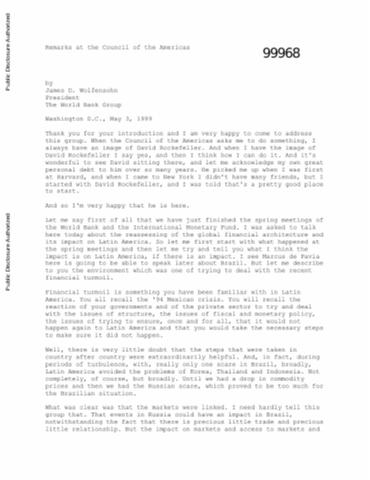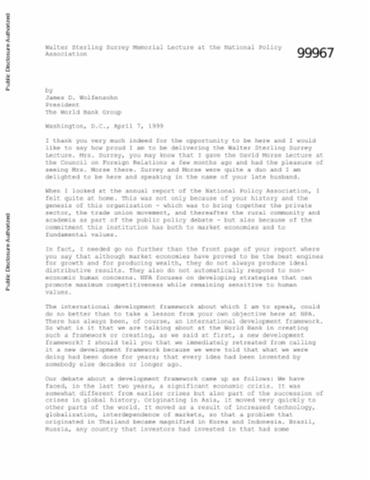Peace Villages and Hiding Villages: Roads, Relocations, and the Campaign for Control in Toungoo District
Roads, Relocations, and the Campaign for Control in Toungoo District. Based on interviews and field reports from KHRG field researchers in this northern Karen district, looks at the phenomenon of 'Peace Villages' under SPDC control and 'Hiding Villages' in the hills; while the 'Hiding Villages' are being systematically destroyed and their villagers hunted and captured, the 'Peace Villages' face so many demands for forced labour and extortion that many ofthem are fleeing to the hills.




